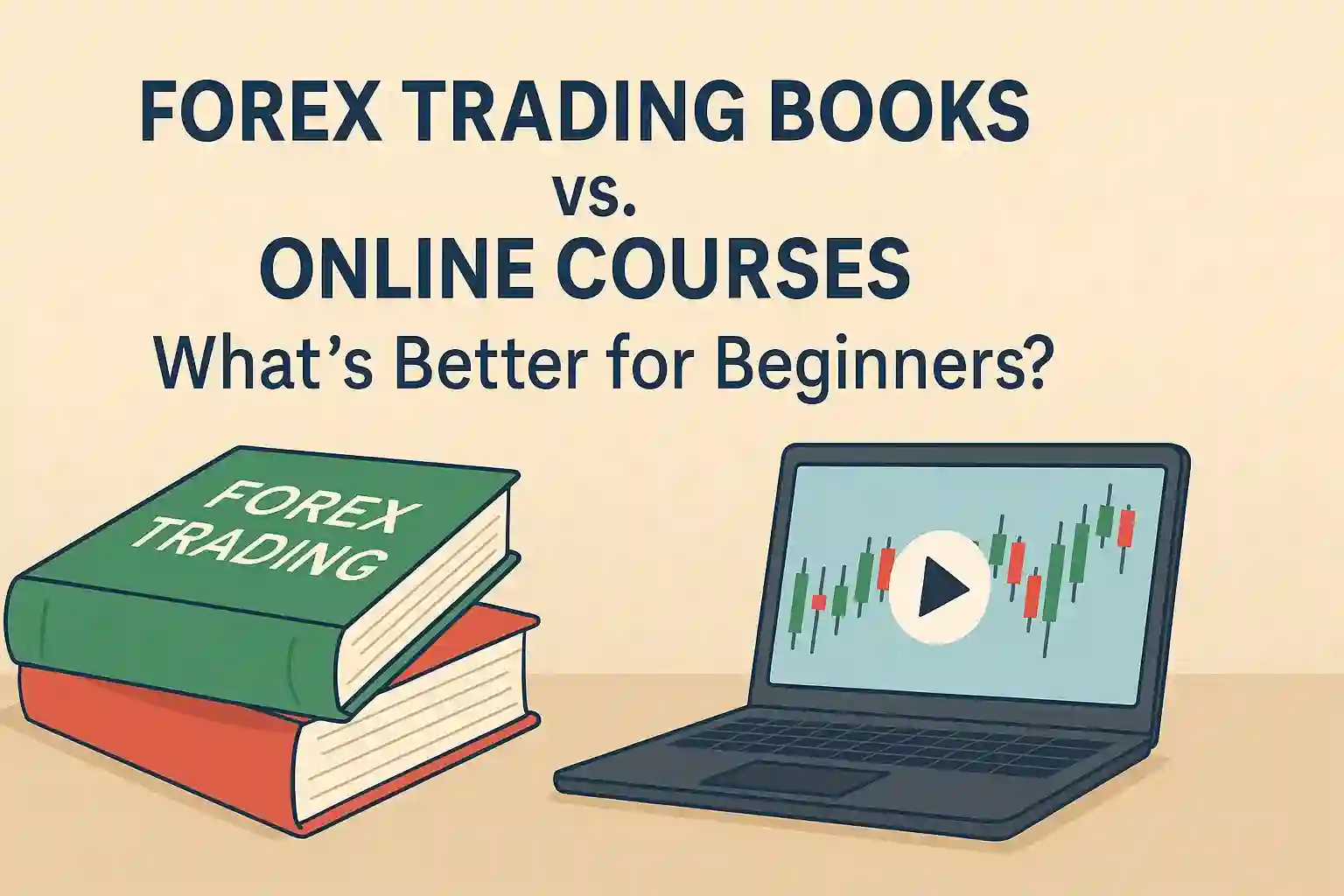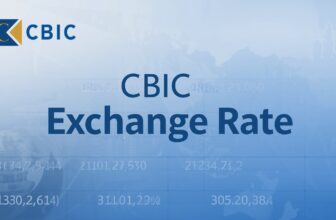
Not long ago, I found myself staring at a dozen open browser tabs, each promising to teach me the ropes of forex trading in ten days or less. Some boasted flashy video previews; others featured long testimonials with oddly perfect grammar. At the same time, I had three physical books sitting on my desk, their dog-eared pages and margin notes quietly whispering wisdom from another era. That contrast—between traditional forex trading books and modern online courses—sparked a question I’ve returned to often: which is truly better for beginners just stepping into the unpredictable world of currency trading?
Turns out, the answer isn’t as clear-cut as some would hope. It depends on more than just the medium. It’s about mindset, learning style, pace, and even personality.
Forex Trading Books vs. Online Courses
What’s Better for Beginners?
Beginner’s Recommendation
For beginners, a combination approach often works best: Start with 1-2 foundational books to build theoretical knowledge, then complement with a structured online course that offers practical demonstrations and community support.
The Wisdom in Pages: Why Forex Trading Books Still Matter
There’s something about forex trading books that feels timeless. It’s not just the information they carry, but the way they deliver it—slow, methodical, structured. The best forex trading books don’t rush to the “how.” They start with the “why.”
One of the most respected titles in trading is Technical Analysis of the Financial Markets by John J. Murphy. As Murphy once said:
“Charts are like footprints in the sand left by the crowd.”
That kind of metaphor doesn’t just teach—it sticks.
Books also excel at explaining trading psychology, a crucial piece of the puzzle. Mark Douglas, author of Trading in the Zone, famously wrote:
“The consistency you seek is in your mind, not in the markets.”
It’s a quote that has changed how many traders approach risk and decision-making.
Comparing Books and Courses at a Glance
Let’s break it down with a quick side-by-side:
| Feature | Forex Trading Books | Online Courses |
|---|---|---|
| Depth of Knowledge | High – Often comprehensive and theory-rich | Varies – Some are detailed, others shallow |
| Pacing | Self-paced, reflective | Fast-paced, sometimes rushed |
| Learning Style Fit | Ideal for readers, analytical thinkers | Best for visual, hands-on learners |
| Access to Mentors/Community | Rare | Often includes forums, chats, or live sessions |
| Cost | Typically affordable ($10–$50/book) | Ranges widely ($0–$1000+ per course) |
| Real-time Application | Limited to case studies | Strong – Demos, screen shares, live trades |
| Structure | Linear and cumulative | Sometimes fragmented or nonlinear |
When Online Courses Shine
While books lay a strong foundation, online courses offer speed, interactivity, and often a sense of real-world connection. For beginners who prefer to see rather than read, video-based content can be a game-changer.
For instance, BabyPips’ School of Pipsology is widely recommended by traders for a reason. According to their editorial team:
“We created our School of Pipsology to fill a gap—traders needed guidance, not just information.”
Meanwhile, traders like Anton Kreil, ex-Goldman Sachs and founder of the Institute of Trading, put it more bluntly:
“You can’t become a consistently profitable trader by reading books alone. You need to see trades unfold, to feel the psychology in real-time.”
The best online courses often include:
- Live trading demonstrations
- Interactive quizzes or simulations
- Access to mentors or discussion forums
- Recorded trading strategies with step-by-step guidance
But it’s worth noting—there’s a flood of low-quality courses out there. Unlike books that are often vetted by publishers, courses can be self-promoted and poorly structured. Due diligence matters.
Learning Style Is the Real Decider
In the end, the real question isn’t “Which is better?” It’s “Which one works better for this learning style?”
Here’s a quick reference:
✔️ Choose Books If:
- You enjoy deep, linear learning
- Reflection and theory matter more than speed
- You’re analytical or academically inclined
✔️ Choose Courses If:
- You learn best through visuals and repetition
- Fast feedback and demonstration help you stay engaged
- You value mentorship or interactive communities
A colleague of mine once summed it up perfectly:
“Books gave me the framework. But the market gave me rhythm. Courses helped bridge the two.”
What the Experts Recommend
Some of the most trusted voices in trading encourage combining both approaches.
Kathy Lien, author of Day Trading and Swing Trading the Currency Market, shared in an interview:
“Understanding macroeconomics and technicals is foundational, but you only really get it when you start applying it. Books are the beginning—not the end.”
Rayner Teo, a former prop trader known for his tutorials, adds:
“If you only watch videos, you get technique without philosophy. Books help you develop a worldview about the market.”
There’s no one-size-fits-all approach. It’s the hybrid method that tends to produce well-rounded, confident traders.
Conclusion
I’ve seen traders spend a small fortune on online courses only to miss basic concepts that are clearly explained in the best forex trading books for beginners. I’ve also seen quiet, bookish learners outpace their peers by combining their foundational knowledge with screen-time and real trades.
So, is one method better? Not really.
The truth is, books teach you to think. Courses teach you to act. A good trader needs both.
Highly Recommended Starting Points
If you’re not sure where to begin, here are a few tried-and-true resources:
🔹 Top Forex Trading Books for Beginners
- Currency Trading for Dummies – Brian Dolan
- Trading in the Zone – Mark Douglas
- Technical Analysis of the Financial Markets – John J. Murphy
- Forex for Ambitious Beginners – Jelle Peters
🔹 Top-Rated Online Courses
- School of Pipsology (Free) – babypips.com
- Udemy Forex Courses – Look for top-rated instructors like Mohsen Hassan
- Investopedia Academy – More academic, structured modules
- Anton Kreil’s Professional Trading Masterclass – Advanced learners only
If I had to do it all over again, I’d still start with a book. But I’d follow it with a course that makes the theory come alive. The forex market doesn’t reward memorization—it rewards understanding. And that understanding, more often than not, begins on a printed page and ends with hands on the chart.

















